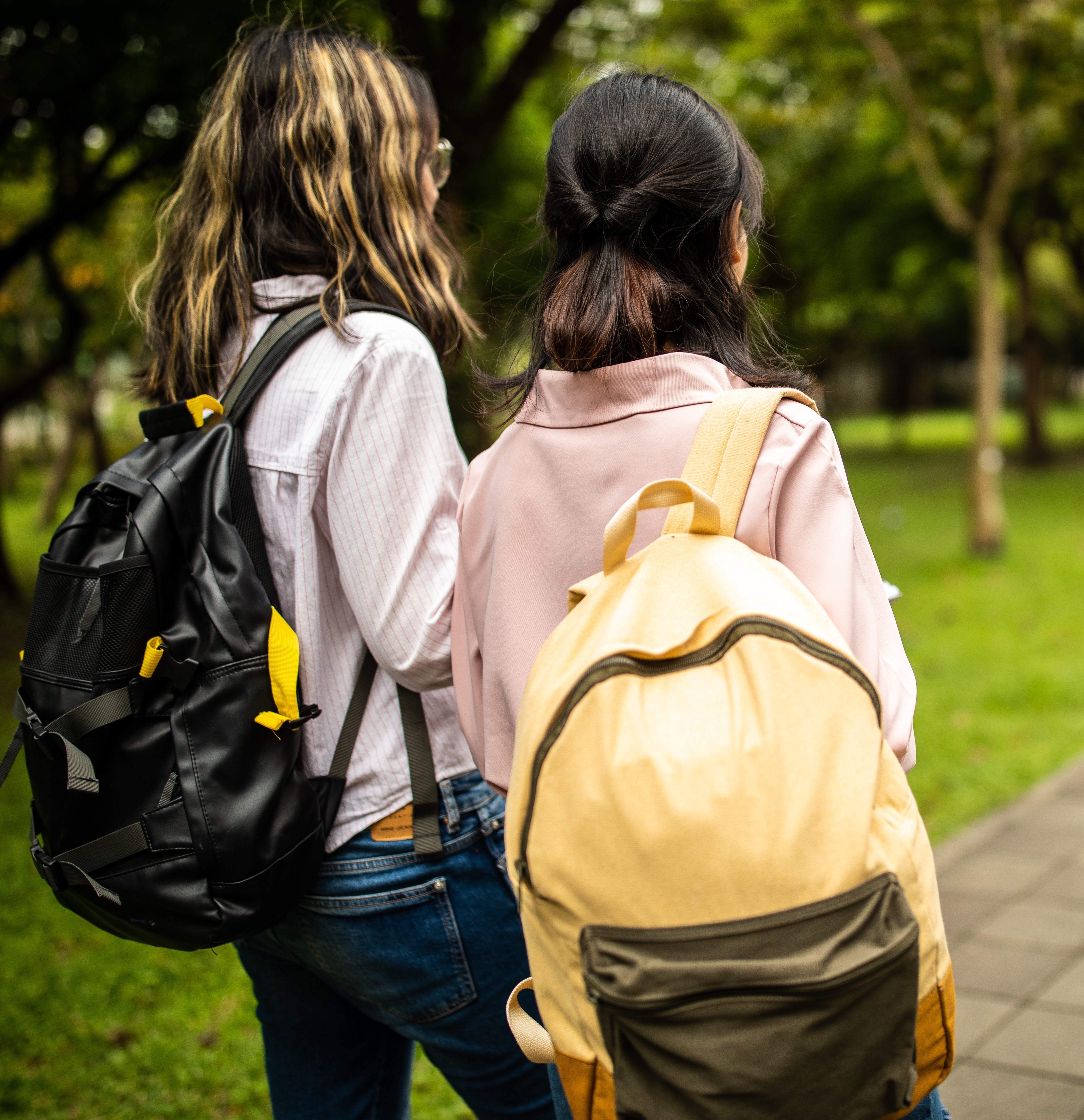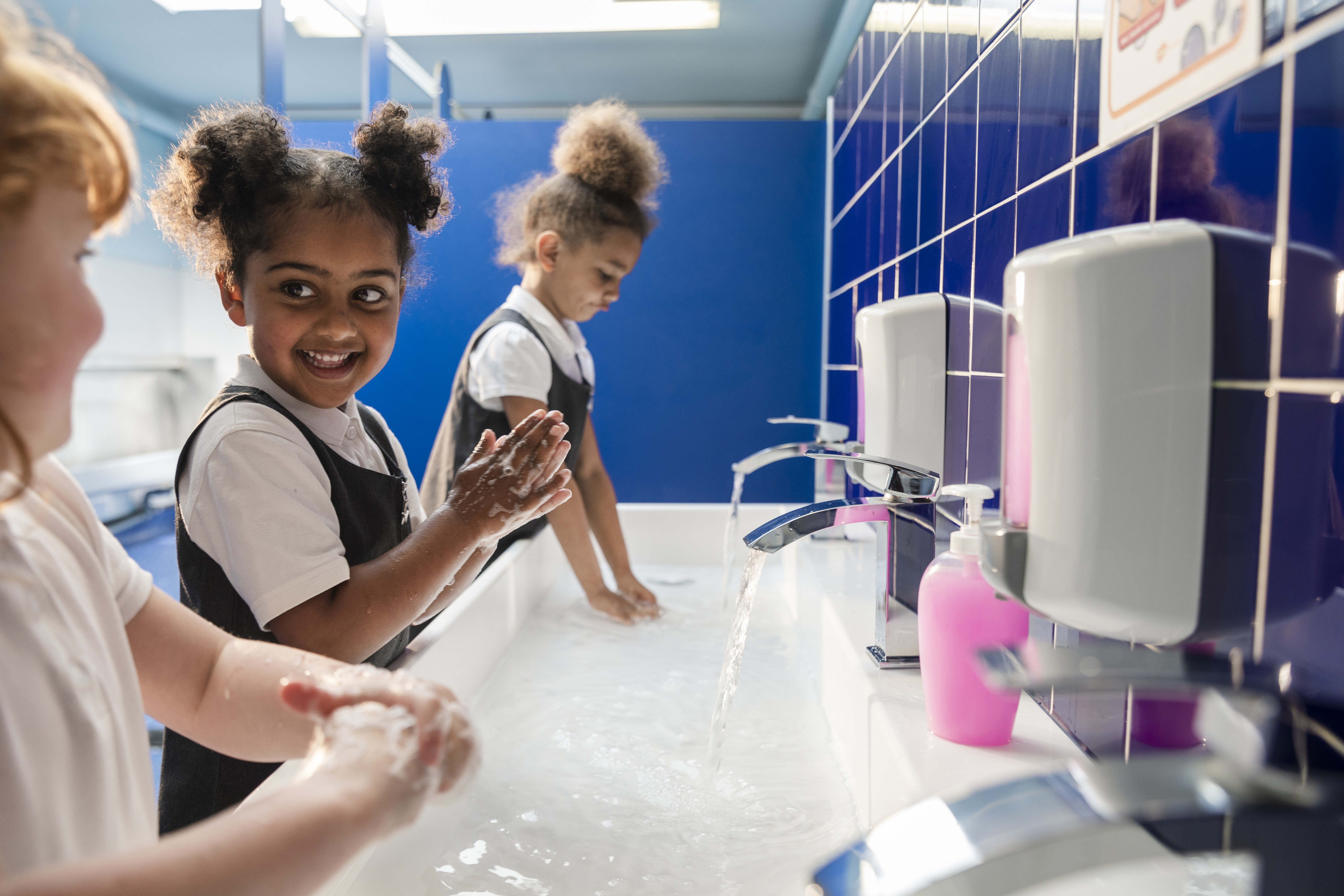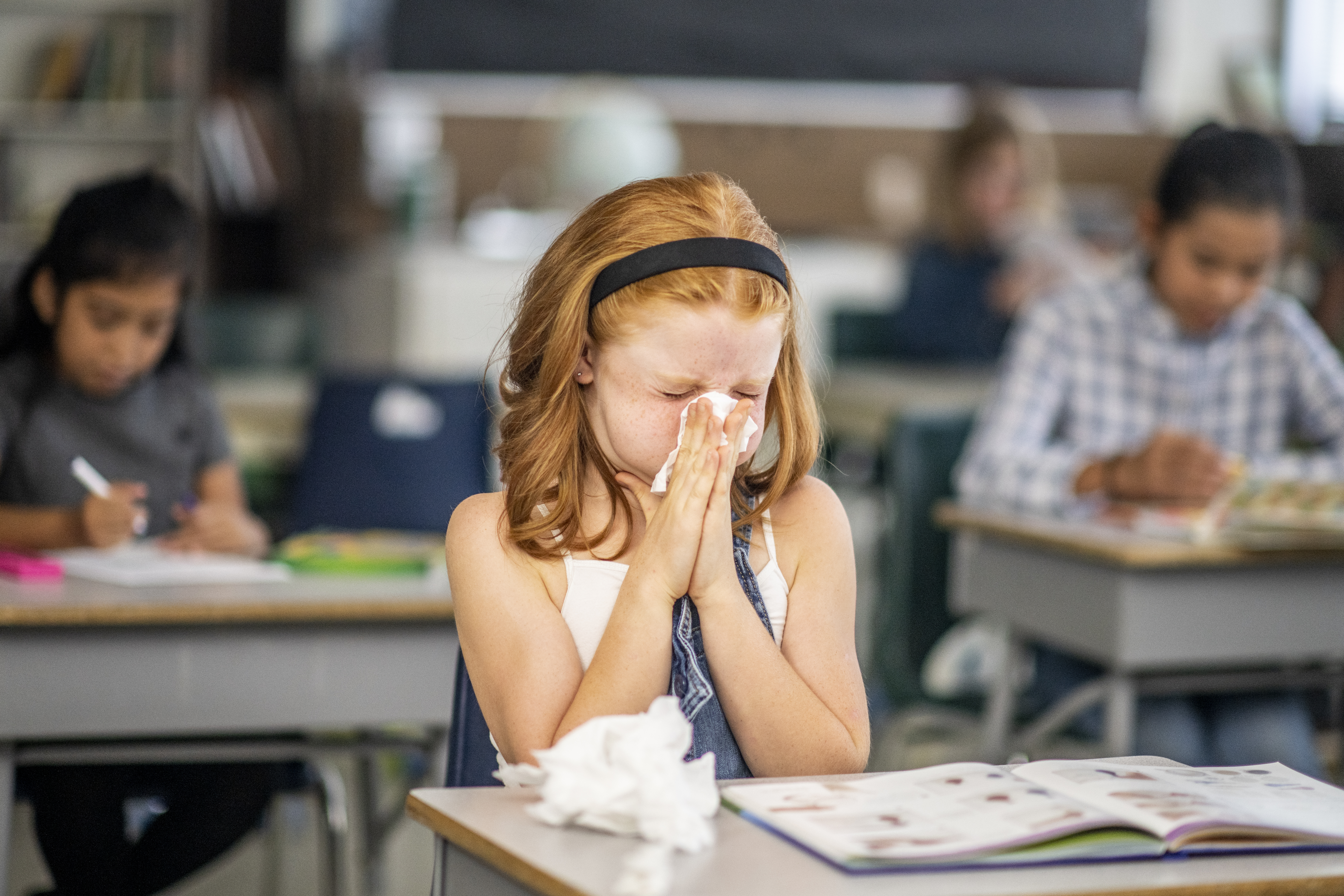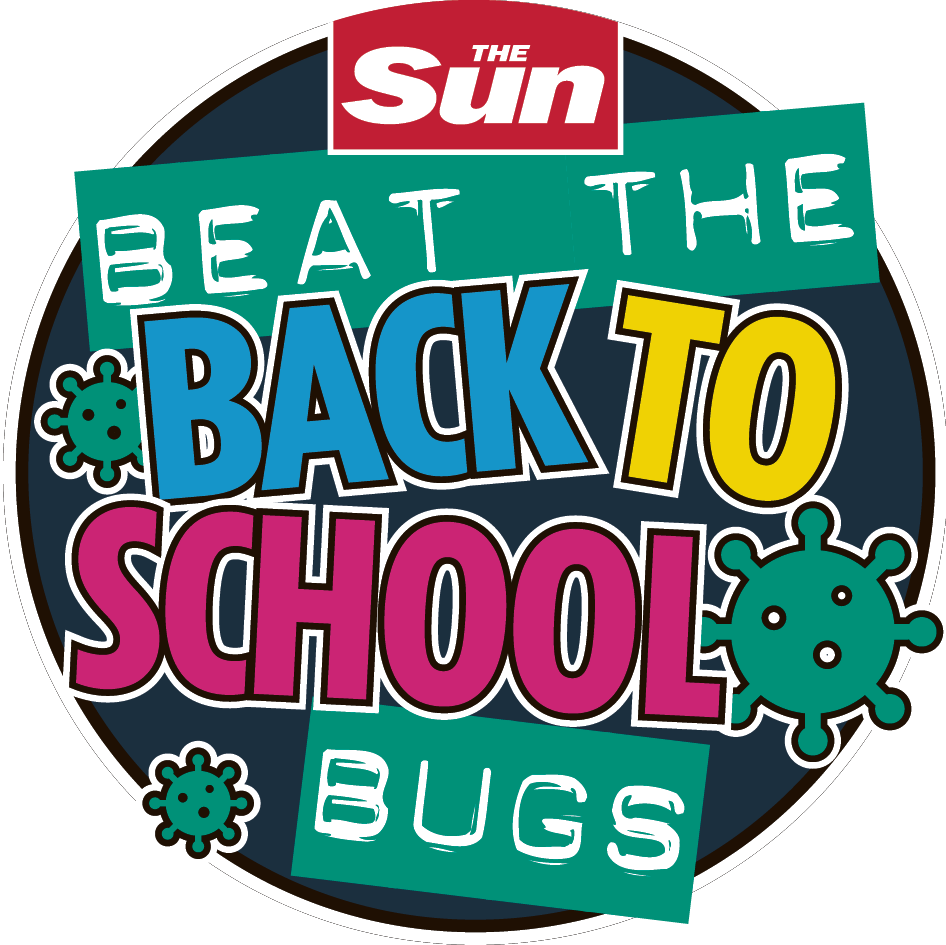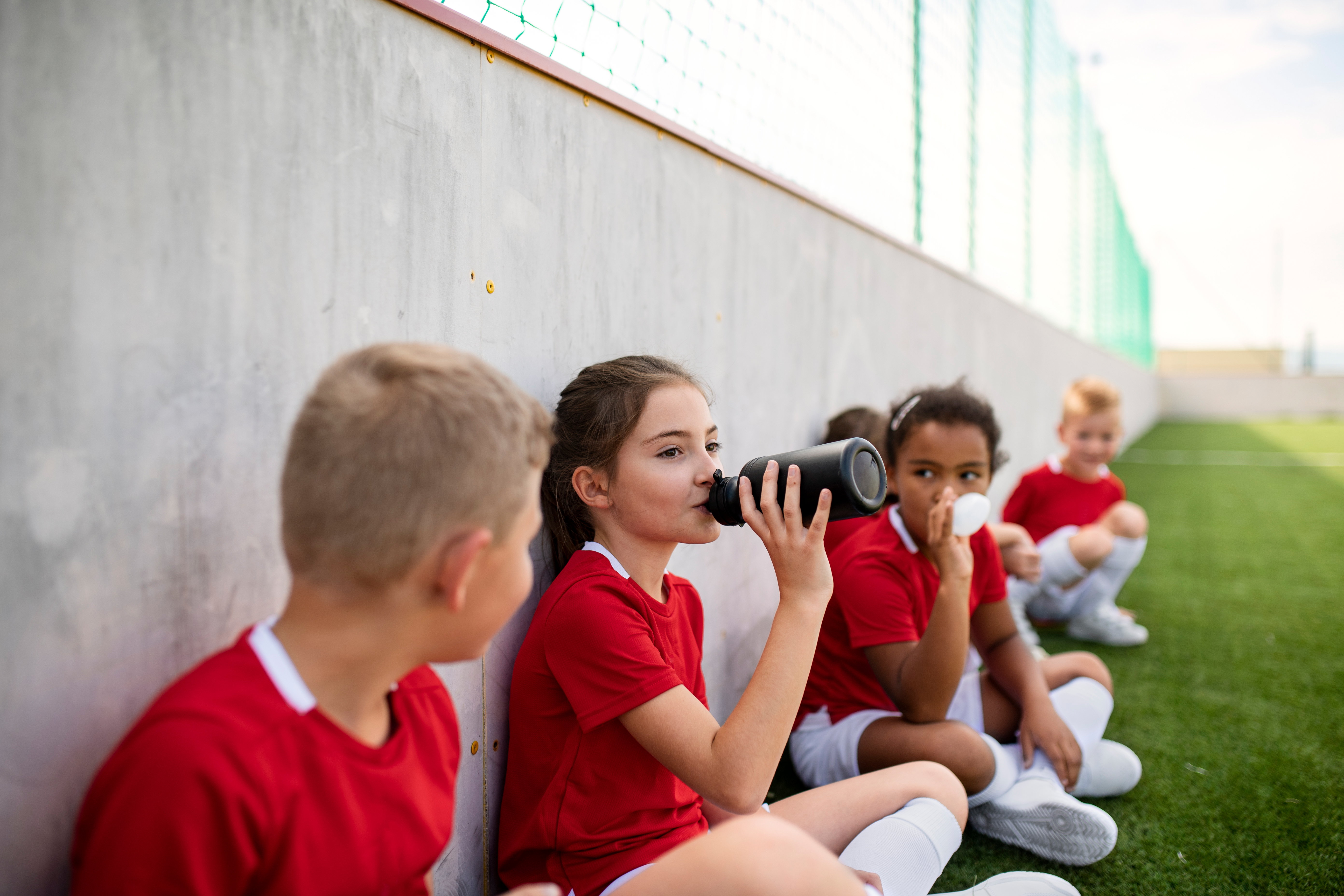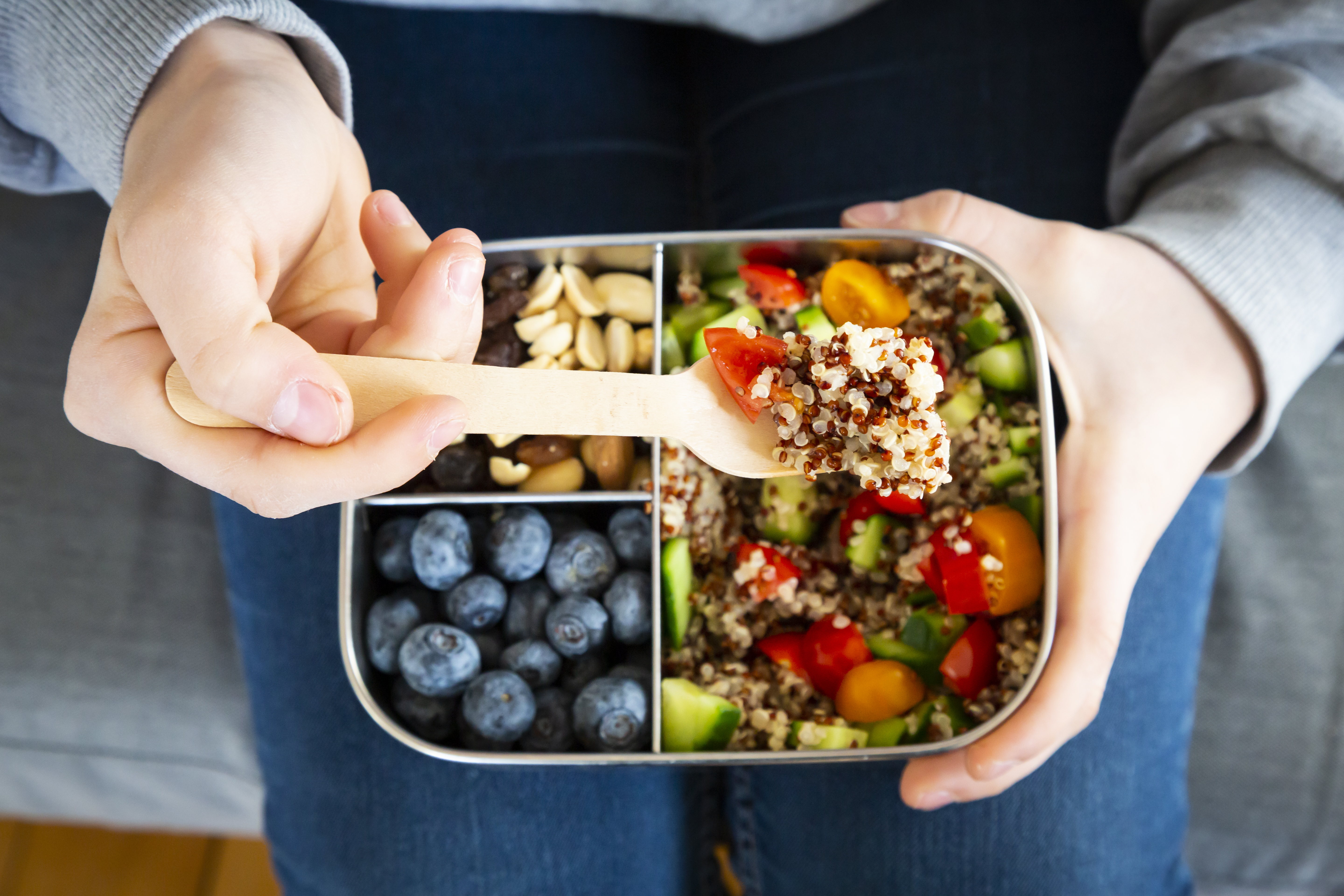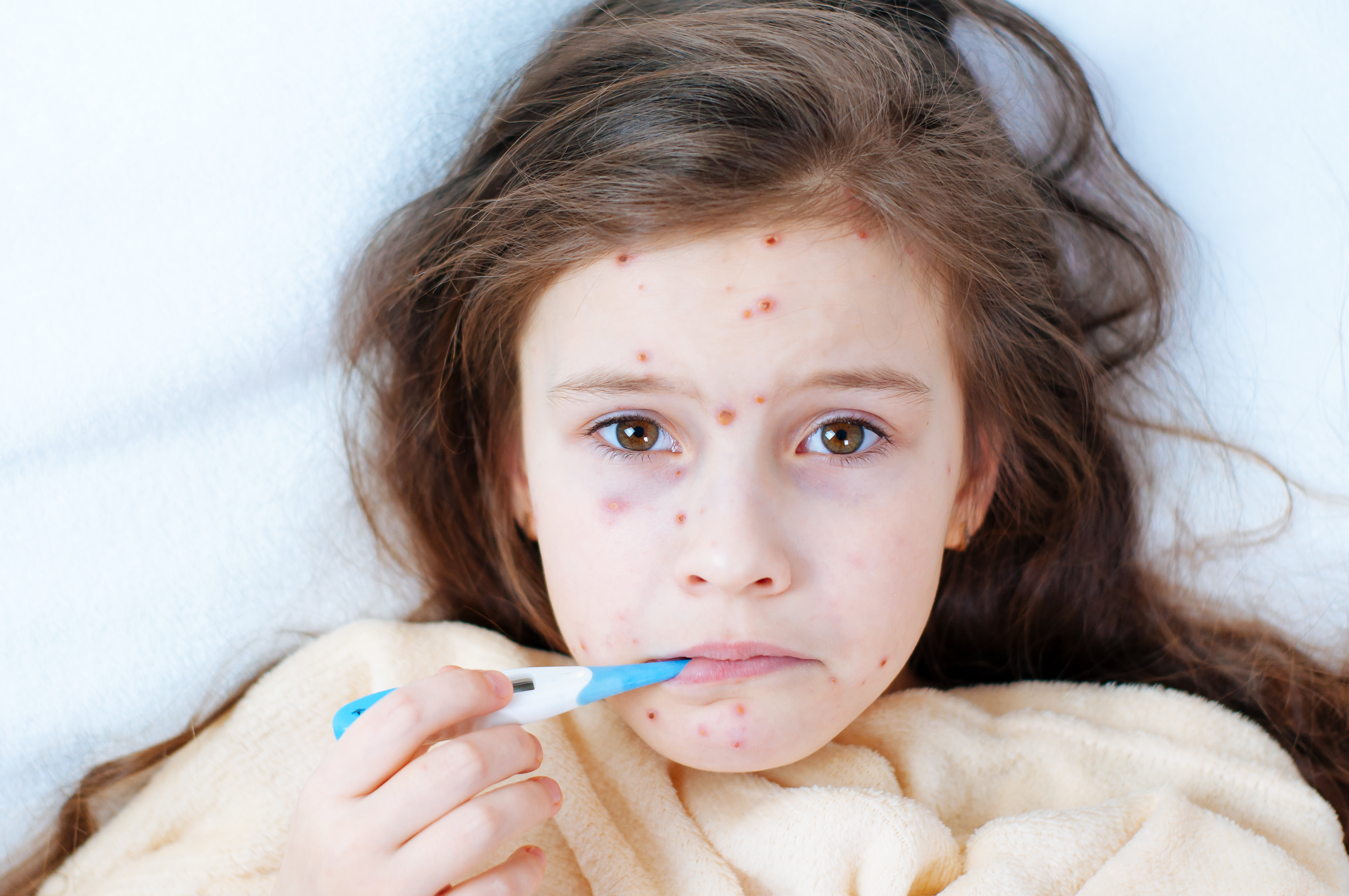WHEN it comes to kids going back to school, most parents think about new bags, stationery and the inevitable cost of uniforms.
But there are a number of potential health hazards to consider when the new term starts, whether your child is going into reception, or returning to the big leagues for GCSEs or A levels.
The good news is, as Sun GP Dr Zoe Williams explains, there’s lots you can do that won’t cost a fortune, but will make sure your child is healthy, mentally and physically, as a new term kicks off . . .
Tote-ally wrong
THERE’S a trend for teenage girls to carry handbags or totes as school bags, but the reality is they’re not the most ergonomic of carriers.
Oversize bags such as totes have been found to cause neck and back pain – unsurprising when you think about how heavy a school bag can be when they are carrying a lunchbox, PE kit, water bottle and books.
Make sure your child is on board with whatever bag you buy, but aim for a backpack style which they agree to wear on both shoulders to reduce their risk of back pain.
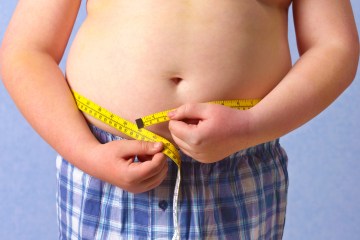

Take them to the GP if pain persists even after switching their bag type.
Open up mentally
KIDS are never too young to learn about their mind, emotions and what constitutes good mental health.
The start of a new term can be a trigger for new mental health issues, or can often bring up past problems.
Symptoms can differ widely, and be physical, emotional or appear as changes to behaviour.
For example, stomach upsets, a racing heart, a loss or increase in appetite, withdrawing from their usual leisure activities, sleeping problems and changes to mood which persist for more than a couple of weeks can all be symptoms of bigger issues.
As a parent, you know your child best, so if you suspect they are struggling with their mental health then it is definitely worth speaking to them to try to find out more.
It can be hard to approach any issues with teens, but chatting in the car or on a walk can feel less intense and giving them a ‘warning shot’ beforehand – so you’re not raising it completely out of the blue – can be helpful.
The best time to start conversations is before any mental health issues arise.
If it’s normal for you to check in regularly, they’ll find it much easier to open up when things aren’t going so great.
Both parents and young people can contact charity YoungMinds (youngminds.org.uk) which can provide support.
Germinator
WE all remember what school toilets can be like, so it’s never too early to learn good hygiene habits.
Teach your child how to wash their hands properly – use water (warm if possible) and soap, and make sure to get between the fingers, under the nails and the back of the hands before drying them thoroughly.
Before lockdown in 2020, lots of schools insisted children sanitise their hands every hour.
Now, a small bottle of hand sanitiser in their bag can encourage good hygiene habits and help prevent the spread of back-to-school germs.
As can a packet of tissues for them to sneeze and cough into.
Times-table
ROUTINE is good for us, according to numerous studies.
Having a set schedule can reduce stress, improve mental health, reduce anxiety and give us more free time.
Have a chat with your child and get them involved in planning their own back to school routine, including bedtime, when they put away their devices, when they do their homework, how they factor in exercise, what breakfast they will eat and what time they need to get up in the morning.
A routine they’ve been part of planning is one they’re more likely to stick to and feel responsible for.
Allergy aware
AROUND 40 per cent of UK children have an allergy and they can flare up at school.
Pollen in the school fields can trigger hay fever and if your child has food allergies, other children’s lunchboxes can be a risk, as can arts and crafts, cooking or science classes.
It’s a good idea to make sure you have a supply of antihistamines and any other allergy medication in your medicine cabinet at home and provide school with an extra set of necessary medication too.
For children at risk of anaphylaxis, check that you have adrenaline autoinjectors at home and school and that they are all within date.
Move it
RESEARCH shows children and young people are more likely to have a positive relationship with physical exercise if their parents are active.
So why not squeeze in something active in the last few days of the holidays, or as the school week starts?
It’ll help take their mind off worries about going back to school and exercise will also improve their sleep.
Whether it’s swimming, the local climbing wall, a walk in nature or a bike ride, time spent together doing an activity is often the best way to get youngsters to open up and chat, too.
So if there’s anything you’re worried about and want to broach with them, try talking about it while playing sport or doing an activity together.
Sweet dreams
FROM ages six to 13, children need between nine and 12 hours’ sleep a night.
That then decreases slightly for teenagers, who require around eight to ten hours.
Think about your child’s sleep schedule and their bedroom environment. Their room should be like a cave – dark and cool – ideally around 18C with minimum distractions. Is their bed comfortable? And how frequently do you or they change their sheets?
Ideally they should finish dinner a few hours before bed and only have a light snack beforehand if they are still feeling hungry.
They should avoid any screens for around an hour before they hit the sack. But if this is too much of a problem, encourage them to download a restful meditation app to their phone, like Headspace.
Teenagers’ body clocks tend to switch to night-owl mode, meaning they’re happier going to bed and getting up later.
It can make waking up for school difficult – and sleep experts tend to agree that teenagers would benefit from a later start and finish to the school day.
Try to work with your child to encourage them to get more, better quality sleep and don’t call them lazy if they need a lie-in at the weekend.
Lice hell
JUST the mention of them can make your head itch – but with the start of the school term come the inevitable head lice.
Plenty of parents will have previously received an email or text letting them know an infestation is rife in their child’s class.
If or when this arrives, make sure long hair gets tied back to help prevent the spread.
There are plenty of solutions available, such as Puressentiel Head Lice Repellent Spray (£8.31, Amazon) or Lyclear Extra Strong Treat & Protect Shampoo (£10.59 from Chemist-4-u.com).
So speak to your pharmacist for some guidance on what best suits your family.
Fill it up
CHILDREN and teenagers are usually encouraged to bring a water bottle to school and to fill it up at fountains.
But do try to avoid giving your child squash, as most types will contain high levels of sugar or artificial sweetener which is not healthy for them.
After we eat or drink items with sugar, it continues to attack teeth for two hours and can lead to decay.
If your child takes a swig of their squash every hour or so, their teeth will be under a sugar attack all day.
Citrus fruits can also damage tooth enamel when added to water and sipped throughout the day.
So plain old water, boring as it may seem, is really the smartest choice.
Bottles by the brand Air Up trick your brain into thinking you are drinking flavoured water, through your sense of smell.
But they are pricey, starting from £24.99, and you’ll need to buy flavour refill pods.
Encourage younger children to drink more water by starting a star chart for every day they come home with an empty bottle. It should work wonders.
Nutrition on point
LUNCH boxes can be a source of dread for many parents.
But nutritionist Rhiannon Lambert recommends including your kids in planning what they’ll eat.
She says: “The new school term can often feel like a new start and a great opportunity to involve your children in their food choices at lunchtime.”
She suggests that each lunch box should include at least one portion of fruit and one portion of vegetables for fibre and hydration.
There ought also to be one starchy food such as bread, rice, pasta or potato for energy. These are rich in glucose, the brain’s preferred fuel.
Add one protein, such as meat, fish, eggs, beans or pulses, to help build and repair your child’s growing body. One dairy or dairy alternative, such as yoghurt, cheese or milk, will help to nurture healthy bones and teeth.
A healthy and varied diet can also support immunity, which is essential for helping kids to dodge the sniffles.
Vitamin D supplements should be taken by everyone during autumn and winter, the NHS recommends.
Fewer sunlight hours makes it harder for the body to make enough vitamin D, which is vital for bone, muscle and teeth health.
Rhiannon says: “Babies, young children and adults who spend a lot of time inside, have dark skin or dress modestly may benefit from supplementing vitamin D all year round.”
Bugs to watch out for
KIDS often get bugs, and generally they can be treated with rest and over-the-counter medicine.
Covid hasn’t stopped being a concern either, in fact, cases have nearly doubled in a month, up to 93,000 from around 50,000 at the start of August.
The “Pirola” variant has seen the vaccine rollout brought forward to September 11 from October, but school children are not eligible so families need to continue to be vigilant about washing their hands.
Symptoms include a runny nose, head-ache, tiredness, sneezing and sore throat. The NHS says to keep children at home and avoid contact with others if they have symptoms and either a high temperature or they don’t feel well enough to go to school.
If they have mild symptoms like a runny nose, sore throat or mild cough, and feel well enough, they can go to school.
Some other common bugs that children can pick up at school are:
Worms: Itching around the anus, small white threads (worms) in poo, and potential weight loss.
Tummy bug: Sudden watery diarrhoea, vomiting and mild fever. Phone 111 if your child is dehydrated, they can’t keep anything down, or do not get better in a couple of days.
Chickenpox: Small spots that turn into blisters then scabs. A high temperature, aches and pains and loss of appetite.
RSV: A virus that produces cold-like symptoms including runny nose, cough-ing, sneezing, fever and decreased appetite.


Ear infection: Pain, itchiness or discharge in the ear, high temperature, vomiting and lack of energy.
Call 999 if your child struggles to breathe, can’t stay awake, has discoloured skin, tongue or lips, is limp and floppy, or experiences sudden swelling of the mouth or confusion.

